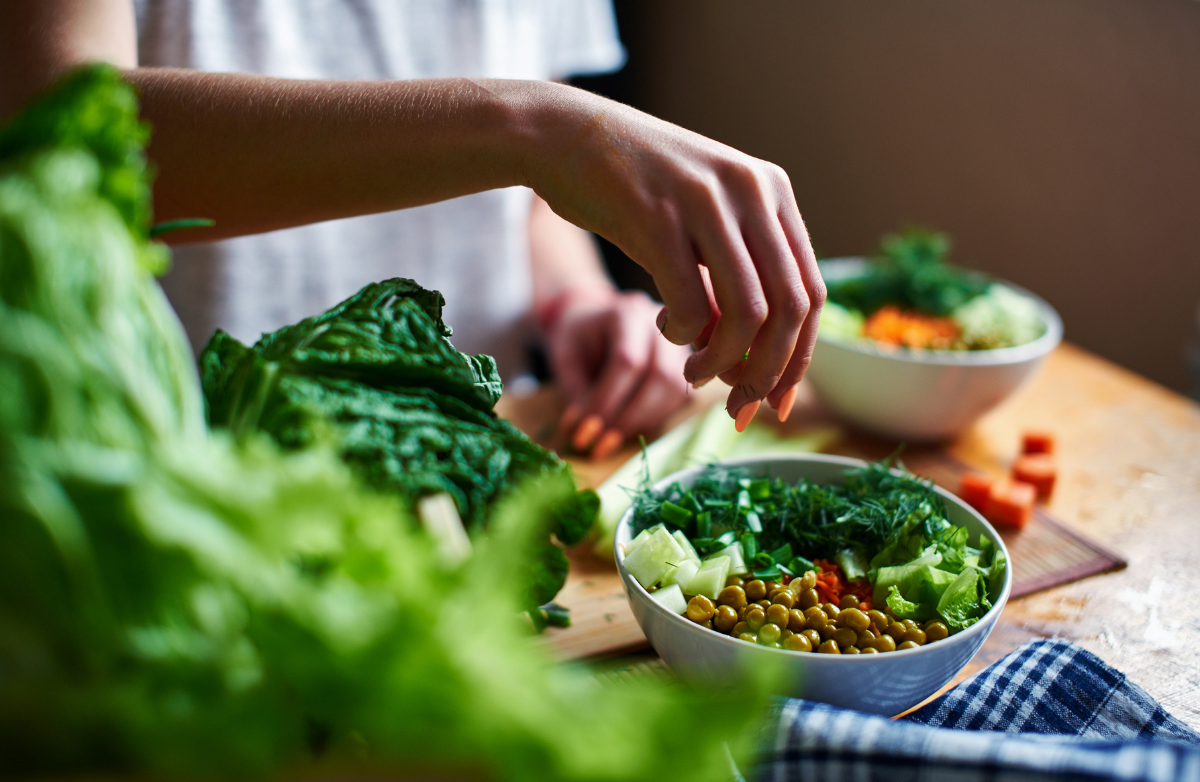|
Disclaimer: Psychological research is largely based on averages for groups of people. We prove practically nothing in psychology! It is too difficult--people are too complicated! When dealing with the human mind, one size does not fit all. Think back to your grade school and high school years. Think about the kids you went to school with. Who was popular? How would you describe those kids? Who did you like the most among your peers? Why did you like them? Research on popularity is now being understood with a new lens. For decades, it went like this: Researchers would ask kids who they liked and disliked, and would then add up the number of likes and dislikes for each child. Based on the votes, kids were categorized as popular, average, controversial, rejected or neglected. Those kids who received the most ''like'' votes (and rarely received dislike votes) were classified as ''popular.'' Recently, researchers have been paying attention to children’s comments a little bit more and have started to debate whether being liked is the same as being popular. The answer: Being liked by many peers is not the same as being considered popular by peers. Popularity is based more on reputation than on the degree to which one is liked. The (mostly) bright side: Popular kids tend to be competent both athletically and academically, and are often physically attractive. They also show lots of prosocial behaviors and have good senses of humor. The dark side: Kids who are popular tend to be socially dominant. Popularity often involves aggressive physical and psychological/social behavior. For some kids, the more relationally aggressive they are (spreading rumors, threatening not to be somebody’s friend), the more likely they are to maintain their powerful ''popular'' status. And, unfortunately, when being mean to others pays off, it becomes a reinforcing cycle. So, popularity as a measure of status or reputation feeds itself—and it starts early. I recently had a girls’ day with my friend’s 8-year-old daughter. She knew the word ''popular'' and could name popular and unpopular kids. She could also describe the battles and negotiations between girls on the playground. Based on my extensive time in the classroom with these kids over the past few years, she was right on. The scary thing is that recognition of (and the power of) popularity only intensifies with increasing age. When your child begins to recognize the power of popularity, it is important to instill in them the meaning and value of healthy relationships. When I visit schools and talk to kids (particularly girls), I leave them with several messages:
As parents, we need to do our part. Here's how:
The good news is that you are reading about parenting, so you must be invested in your child’s well-being. The bottom line: Encourage good behavior from your children and behave well yourself! And think about your own run-ins with popularity. What were those popular kids like when you went to school? What adjectives would you use to describe the ''popular'' kids? Think of how you can use your experiences to help your kids get through their own social rough patches. Do you have kids who are overly concerned about being popular, or are doing what others think they should do? How can you change your child's perception of popularity?  Michelle Stroffolino Schmidt is Chairperson of the Department of Psychology at Moravian College in Bethlehem, Pennsylvania. Her research focuses on social and emotional development in childhood and adolescence. She has published research on parent-child attachment, friendship, peer relations, bullying, and mentoring. She has also done consulting work with schools as part of their bullying prevention and intervention programs. Michelle recently published the book Friendships in Childhood and Adolescence (Guilford Press), which explores the significance of friendship from toddlerhood through adolescence. The book examines factors that contribute to positive friendships, how positive friendships influence children’s lives, and interventions for those who have friendship difficulties. Michelle is the mother of a 7-year-old son, William, and a 2-year-old bulldog named Eve. She enjoys yoga, kayaking, writing, and cooking. Michelle Stroffolino Schmidt is Chairperson of the Department of Psychology at Moravian College in Bethlehem, Pennsylvania. Her research focuses on social and emotional development in childhood and adolescence. She has published research on parent-child attachment, friendship, peer relations, bullying, and mentoring. She has also done consulting work with schools as part of their bullying prevention and intervention programs. Michelle recently published the book Friendships in Childhood and Adolescence (Guilford Press), which explores the significance of friendship from toddlerhood through adolescence. The book examines factors that contribute to positive friendships, how positive friendships influence children’s lives, and interventions for those who have friendship difficulties. Michelle is the mother of a 7-year-old son, William, and a 2-year-old bulldog named Eve. She enjoys yoga, kayaking, writing, and cooking.
|
Popular Entries
More From SparkPeople
|



.png)






.jpg)



